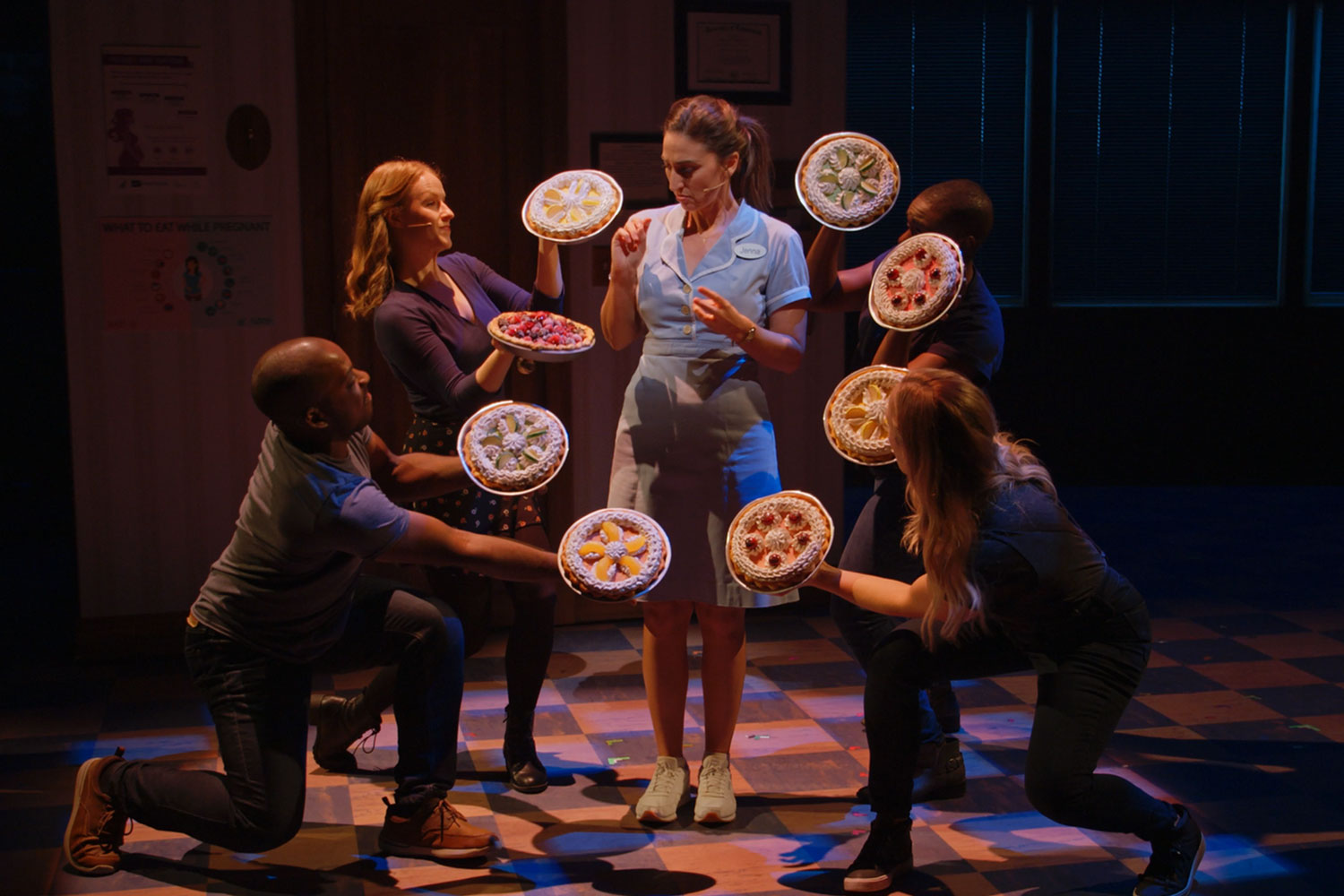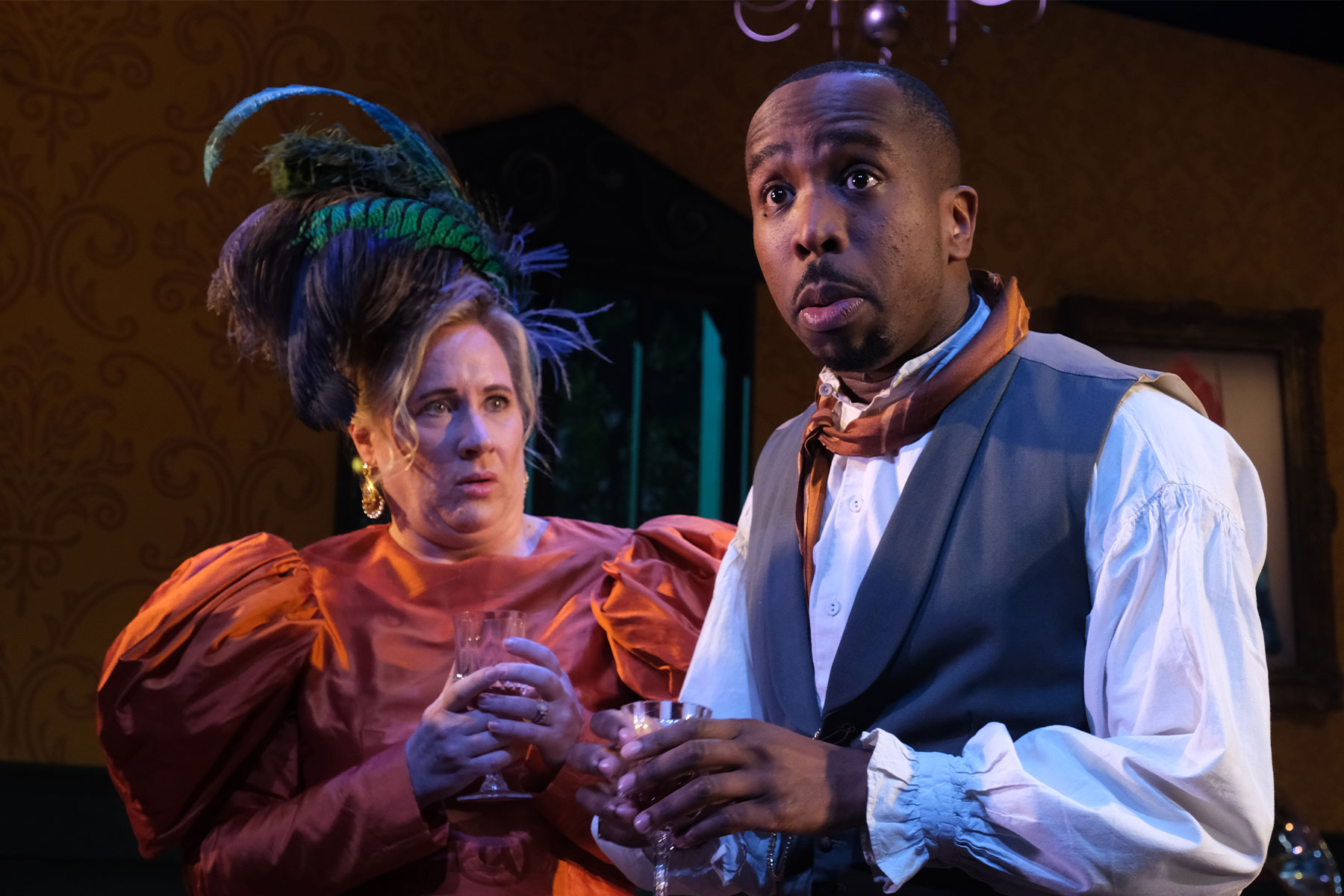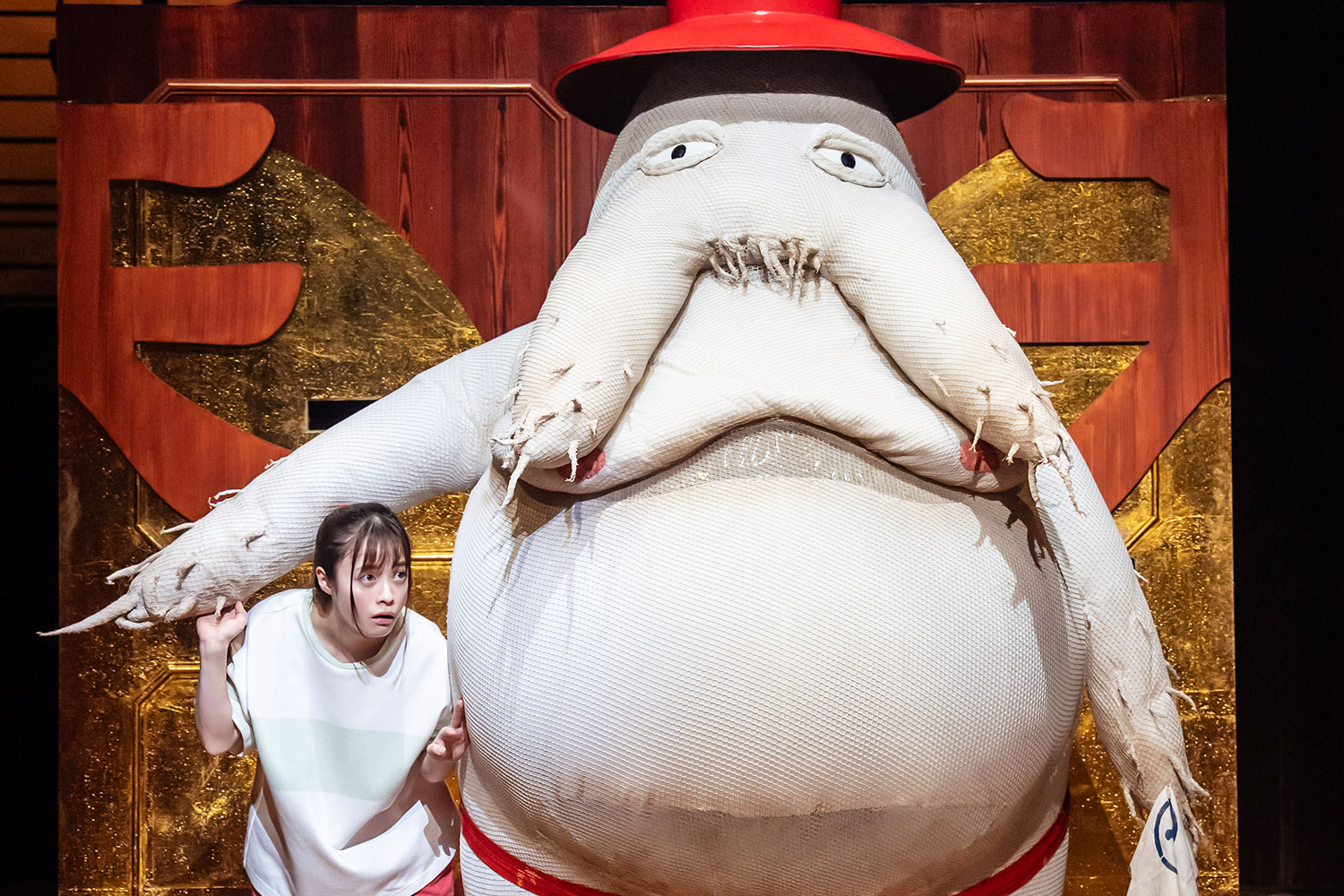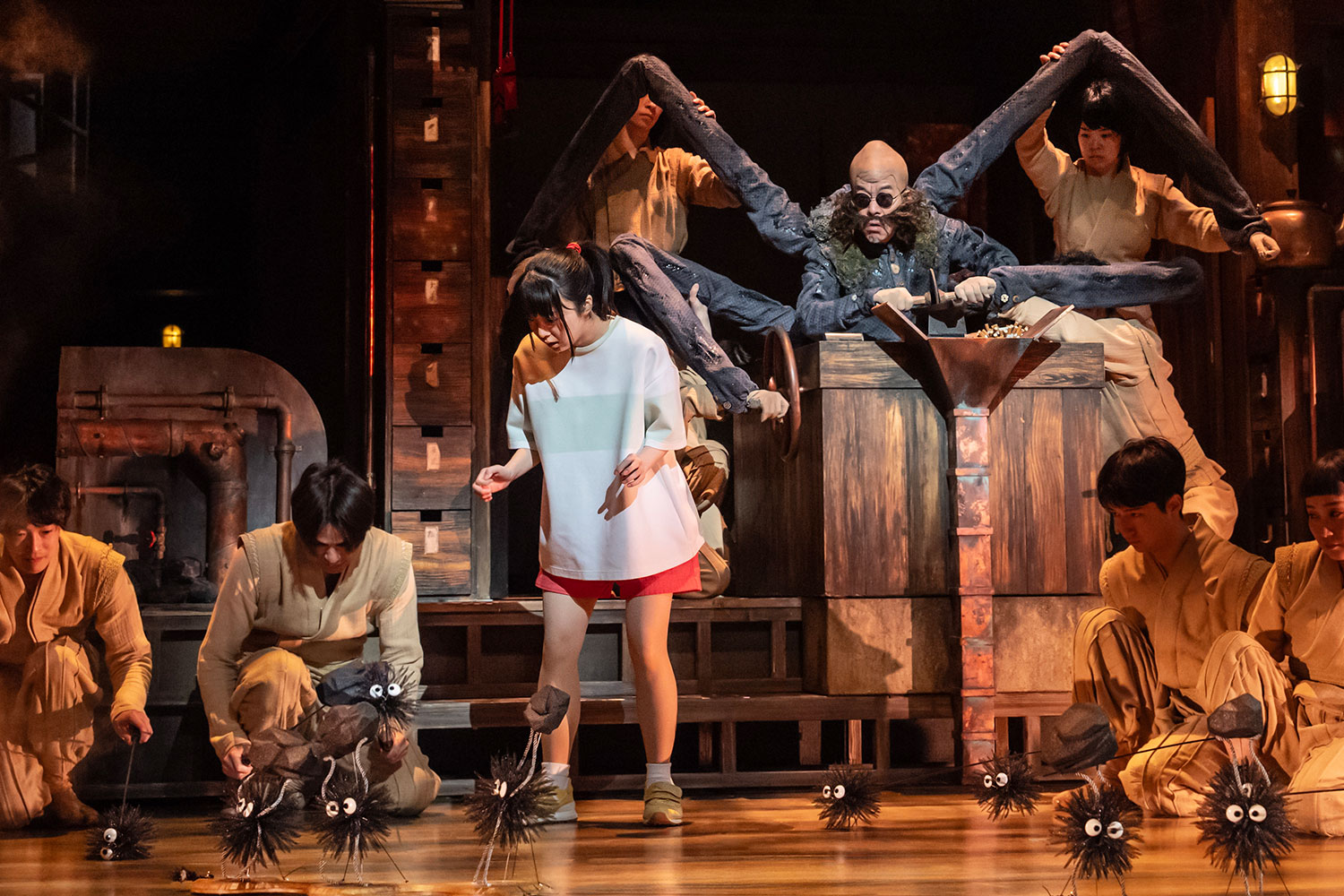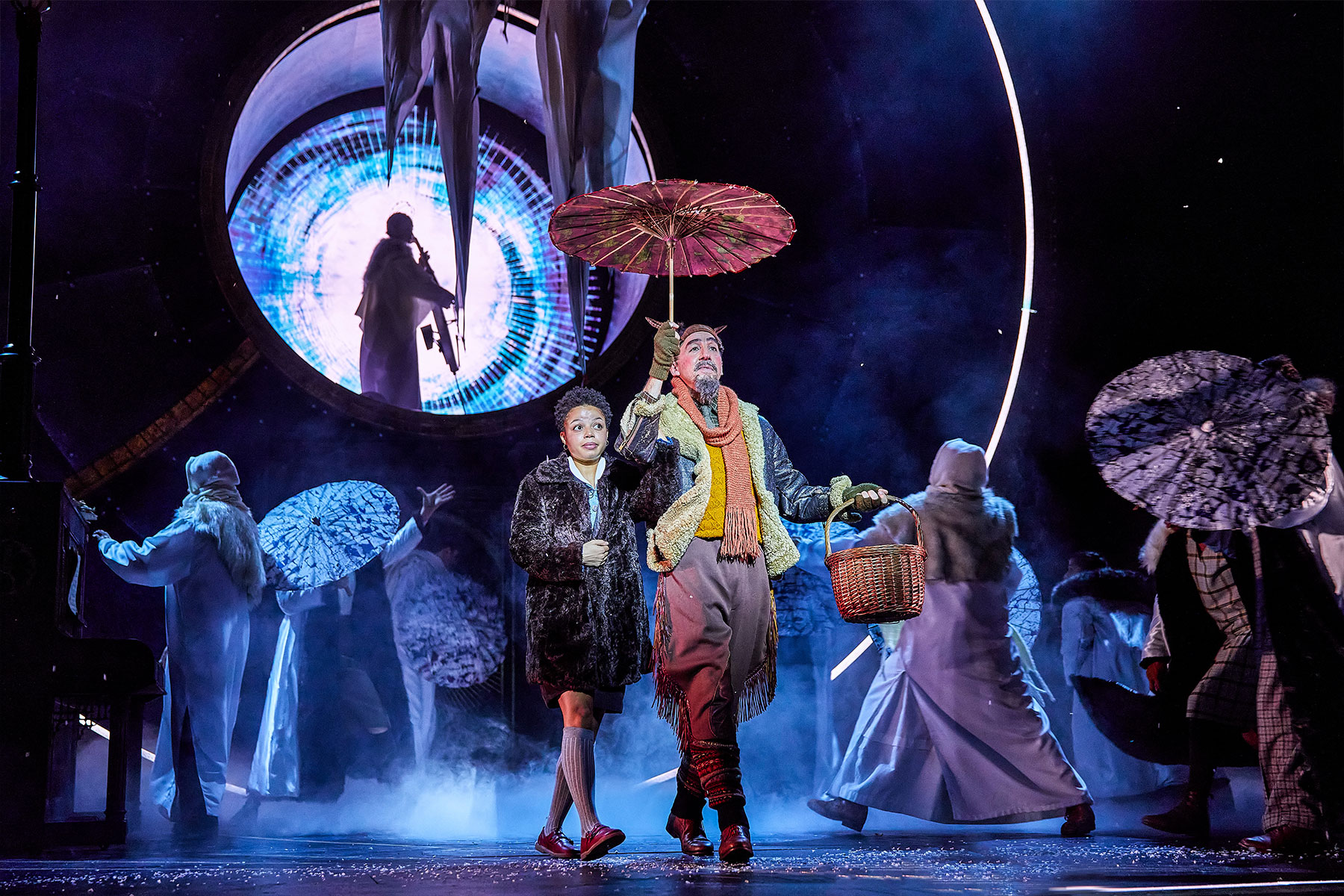Inspector Calls
For nearly six years until April 2001, Stephen Daldry‘s multi award-winning production of JB Priestley’s An Inspector Calls stood proud at the Garrick on Charing Cross Road as one of the West End’s stalwarts. After a brief spell in mothballs, it has returned, now playing at the smaller Playhouse Theatre. Fans of this long-runner will be pleased to know that, despite its time out of the limelight, the Inspector is every bit as moody and bleak as ever.
Set in the imaginary pre-World War I Yorkshire industrial town of Brumley, the story revolves around a well-to-do family, the Birlings, who are all rather too happy to abdicate responsibility for their actions. It all starts going wrong for the Birlings on the night their daughter (Emma Gregory) becomes engaged to Gerald Croft (Owen Oakeshott), heir to the town’s great industrial empire.
The family’s celebrations are rudely interrupted when the eponymous inspector turns up to ask some probing questions about their possible involvement in the events leading up to the suicide of a former prostitute and worker from the Birling factory. She’s been found dead in the town infirmary having guzzled the best part of a bottle of disinfectant.
To give you anymore plot details would probably spoil it. Suffice to say, the play shapes up as a classic though not so conventional detective-probing-for-the-truth thriller. All in all, good old-fashioned tourist-pleasing stuff. So, it may come as a bit of a surprise to the uninitiated when the proceedings turn rather sinister and surreal.
For the most part the acting in the newly cast company is either straight out of the “it’s grim up north” school of stereotypes or the “posh toffs” academy. Mr Birling, played by Edward Peel, is the biggest exponent of the former, striding across the stage, fat cigar in hand, and boasting about the likelihood of his being in the next honours list.
The only stand-out exceptions are Diane Fletcher, who plays Mrs Birling as an indomitable Queen Victoria-type rather well, and Niall Buggy as Inspector Goole. Buggy’s delivery needs some polish (he fluffs more than a few lines), but he is creepy, which is partly the point.
Arguably, though Ian Macneil’s set is the best bit. It sets the oppressive mood from the moment the curtain rises to reveal rain pelting down onto a cobbled street loftily presided over by the Birlings’ grand house and the belching factory smoke in the distance. And the explosions and destruction of the latter stages of the play are unexpected – and quite impressive.
At an hour and 45 minutes without in an interval, An Inspector Calls is gratifyingly short, though it feels longer than it is. Still, the pubs will still be open when you exit – and that’s very good news as you’ll need a stiff drink.
– Daniel Routledge
Note: The following review dates from December 1997 and the production’s run at the West End’s Garrick Theatre.
Having long anticipated viewing JB Priestley‘s An Inspector Calls, I was intrigued to discover how the production would capture the more sinister aspect of the play.
The action takes place in pre-WWI Brumley, an industrial city in Yorkshire where well-to-do industrialist industrialist Arthur Birling (John Bardon) and his family are celebrating the engagement of daughter Sheila (Helen Franklin). These rather ostentatious celebrations are well and truly spoilt by the arrival of the strange Inspector Goole (Pip Miller) who is investigating an alleged suicide of a girl they ve all wronged. The unfolding of events draws the whole family into a bizarre and sordid tale of meanness, pride, spite and snobbery. But will they see their faults? And just who is this character, Inspector Goole?
The cast are all superb. Franklin portrays Sheila with a fanciful flightiness quite suited to the spoilt child of an arrogant, self-made man while Jamie Hinde brings the same conviction to her drunken, waster brother Eric. One senses that, having been sheltered from everything but the niceties of life by a father who wants more for his children than he ever had, the children had little choice but to turn out foppish and ineffectual. Their mother Sybil (Alison Fiske) delivers a few moments of humour to the play through her ludicrous snobbery and upper class posturing. Andrew Bridgmont as Gerald Croft, the aristocratic fiance of Sheila, whilst being a little more world-weary than the other youngsters, has the superciliousness associated with many a well-to-do Englishman at the turn of the century.
Ian MacNeil‘s set is unusual and creative, though the wordless extras who appear now and again were, to me, unnecessary. Discordant music is used sparingly to complement the sinister feel of the play. I’d been wondering how and where director Stephen Daldry would fit an interval without ruining the escalation of emotions naturally drawn out by the play – he resolved this dilemma by simply not including one. So whilst you ll want to avoid spending too much time in the bar beforehand, take reassurance in knowing that this is the only real way to see this piece – an interval would weaken the power of the play to tackle some very sticky numerous issues.
All in all, An Inspector Calls is a spookily spectacular play which will leave you questioning not only what did go on, but also how some of your most and least innocent actions may have unfurled once you moved out of the picture.
To date, this National Theatre production has won 19 awards in London and New York.
Michaela Smith, December 1997



